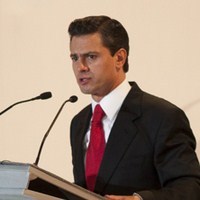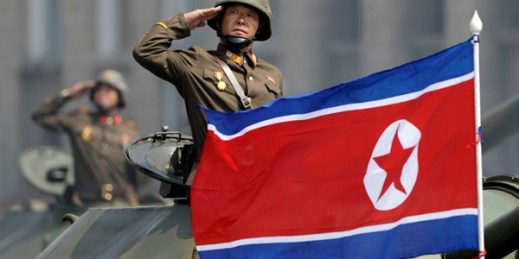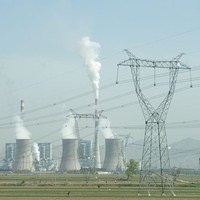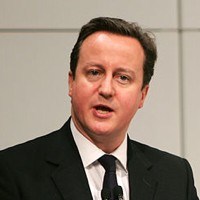
Editor’s Note: This is the first of a two-part series examining the record of Thai Prime Minister Yingluck Shinawatra. Part I reviews her domestic policy. Part II will examine her foreign policy. Though often dismissed as the puppet of her exiled brother, Yingluck Shinawatra has survived several critical challenges since becoming Thailand’s first female prime minister in a landslide victory in July 2011 elections. Yet despite initial hopes for reform, the past year and a half have demonstrated that the Yingluck government’s ultimate goal is to maintain its grip on power, and that the successes of Yingluck and her Pheu […]













